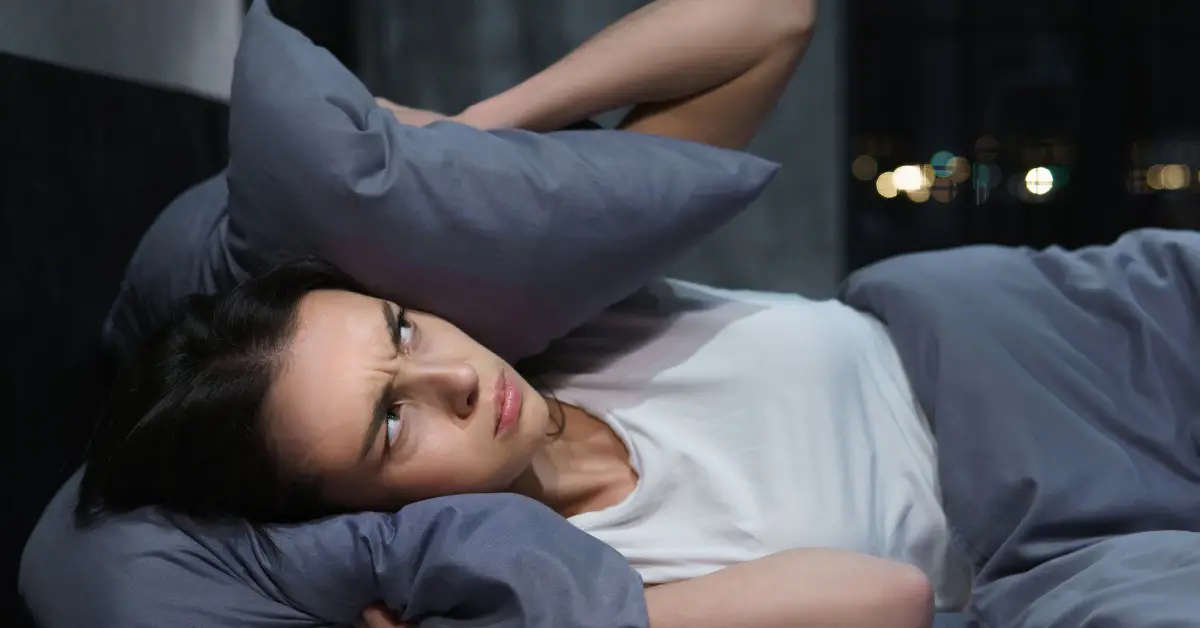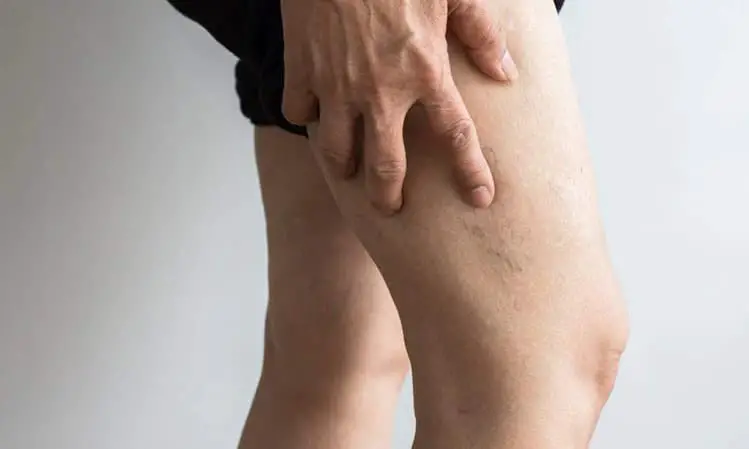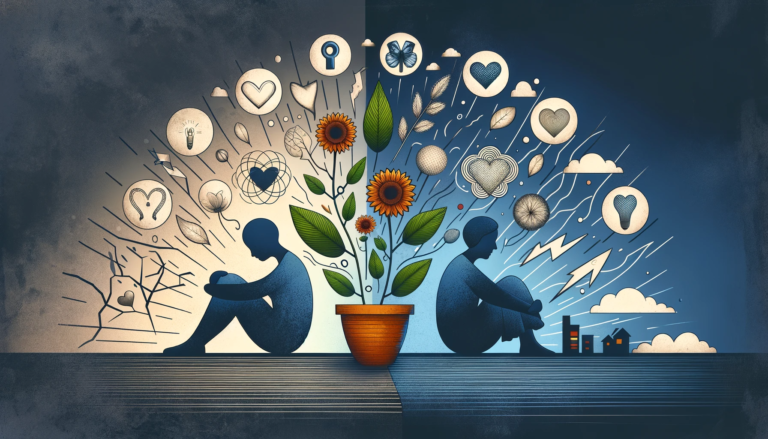Did you know that one in three American adults does not get enough sleep? [1]
To promote optimal health, the American Academy of Sleep Medicine recommends that adults aged 18-60 years should sleep for at least 7 hours per night. [2]
Obesity, diabetes, high blood pressure, heart disease, stroke, brain disease, and frequent mental distress are all linked to lack of sleep. [1]
Noise pollution is at the top of the list of factors causing sleep deprivation, especially if sleeping patterns are interrupted. New research presented at the American College of Cardiology’s 71st Annual Scientific Session cautioned that noise pollution could harm your health. [3]
Links are also being revealed between the lack of a decent night’s sleep and cardiovascular and brain disease, and research suggests that a certain sleeping aid may also be a factor.
The various factors coming together from research are questionable — should we use white noise machines to help us fall into a deep slumber?
Health Experts Agree
A study published in the Journal of the American College of Cardiology testing 16,000 people in New Jersey found that those who lived in noisier environments were more likely to have a heart attack. [4]
Participants were divided into two groups: those who heard an average of 65 decibels or higher — comparable to a loud conversation or laughter — and those who heard less than 50 decibels.
The study was led by Abel E. Moreyra, MD, professor of medicine in the Division of Cardiology at Rutgers Robert Wood Johnson Medical School. He pointed out, “As cardiologists, we are used to thinking about many traditional risk factors such as smoking, hypertension, or diabetes.
“This study and others suggest maybe we should start thinking about air pollution and noise pollution as additional risk factors for cardiovascular disease.”
Cardiovascular disease also increases dementia risk, according to the Alzheimer’s Society. Their research has demonstrated that the heart-brain link is “vital for supplying brain cells with energy and oxygen.” According to the organization, dementia prevention may be possible by promoting heart health through diet and exercise. [5]
Recent studies also revealed that loneliness, social isolation, a sedentary lifestyle, untreated depression, and hearing loss are also all risk factors for dementia. Wearing a hearing aid (if necessary), being more active, and cultivating close friendships may help reduce your dementia risk. [6, 7]
For the best brain health, it is essential to eat a nutritious diet, maintain a healthy weight, limit alcohol intake, and keep blood pressure within the optimal range.
You can access systems for brain and heart health by signing up for Dr. Nandi’s Newsletter. By dynamically increasing your awareness by exploring gut, brain, and overall health, together with Dr. Nandi, you can be guided into topics of healing.
Sleep Disorders, Insomnia, and Sleep Interruption
Common causes of disrupted sleep include:
- Sleeping beside a snoring partner
- Sleeping too much or taking a nap during the day
- Work schedules
- Stress and worry
- Jet lag
- Stimulating activities before bed
- Noisy environments
- Eating too much before bed
- Drinking alcohol [1, 8]
If you experience a lack of sleep, problems and symptoms may include:
- Struggling to fall asleep at night
- Interrupted sleep at night
- Waking up too early
- Feeling tired and unrested after sleep
- Experiencing daytime fatigue
- Displaying irritability, depression, or anxiety
- Struggling with attention, focus, or memory
- Making more mistakes or having more accidents [9]
Insomnia or sleeping issues can become more common with age. You can improve your sleep cycle with the science-backed, nature-based supplement Sleep Max. Get it and more essential supplements from the Health Hero Pharmacy.

Does White Noise Mask the Risks?
White noise is a type of sound that contains a mix of frequencies, all at the same intensity, and is also called broadband noise. [10]
White noise machines have often been used as a sleeping aid to block out external noise at night and even as a treatment for tinnitus. They emit a blend of frequencies at the same intensity to create soothing sounds like a rushing waterfall or wind in the trees.
However, researchers have pointed out that there is limited evidence for the effectiveness of white noise machines in promoting good sleep. On the contrary, it may change the brain’s neural connections for hearing, potentially contributing to conditions like tinnitus and dementia. [11, 12, 13]
Asa Richards, a qualified audiologist at Hearmore UK, further advised of the potential risk of using white noise machines. Users should “only listen to white noise out loud or at a low level through headphones.” [14]
Healthy Tools to Help You Sleep
A white noise machine can still be an option. As Richards stated, people should only be mindful of the manner and the level of white noise they listen to.
Some people prefer to listen to white noise apps because they don’t require additional machines, and apps can be more convenient while traveling.
Other popular ways to get a great night’s sleep include:
- Using lavender oil drops on a pillow [15]
- Earplugs and sleep masks [15]
- Safe and correct usage of CBD oil [16]
- Soundproofing your room
- Talking to neighbors or family about ways to maintain a peaceful sleeping environment
Higher decibel levels, according to Richards, can have a detrimental effect, which may also include other noises while trying to sleep that would otherwise keep you awake.
The audiologist recommended the use of soft earplugs to block noise from road, rail, or air traffic at night. In-ear headphones that are comfortable for side sleepers can also help. Additionally, soft wall hangings and acoustic curtains are low-cost ways to help restrict external noise to help you sleep and potentially reduce your risk of heart disease.
At the end of each day, your body deserves a good sleep. Dr. Nandi’s Newsletter offers personal, online advice on how to support your blood sugar balance, your immune, digestive, cardiovascular, and brain health, and ways to combat any low energy or lack of sleep.
My Personal RX:
No matter how busy my days get, I make sure not to neglect the power of quality sleep, as it contributes to overall health and well-being. By prioritizing restful and restorative sleep, we can enjoy benefits like increased productivity, improved mood, and enhanced physical performance.
1. Establish a consistent bedtime routine to signal to your body that it’s time to wind down and prepare for sleep. This could include activities like reading a book, taking a warm bath, practicing relaxation techniques, or listening to calming music.
2. Avoid electronic screens at least one hour before bed or use blue light-blocking filters or glasses. Blue light emitted by electronics can interfere with your sleep by suppressing the production of melatonin, a hormone that regulates sleep.
3. Experiment with sleep-inducing foods. Some foods contain natural compounds that may promote sleep, such as kiwi, tart cherries, almonds, or herbal teas like chamomile or passionflower.
4. Dive into the secrets of restful sleep with my Sleep Guide, a comprehensive resource that provides a step-by-step approach to achieving optimal sleep quality. Uncover the path to rejuvenating sleep
5. Enhance your sleep experience with Sleep Max supplements. This powerful blend of natural ingredients supports your body’s sleep-regulating neurotransmitters, promoting deeper and more restorative sleep. Upgrade your sleep routine
Considering Trying Sleep Max?
Sleep Max is one of our most popular supplements and I can personally tell you it works, but don’t take my word for it listen to what Laura has to say about her experience with Sleep Max.
Sources
- 1 in 3 adults don’t get enough sleep | CDC Online Newsroom
- Seven or more hours of sleep per night: A health necessity for adults – American Academy of Sleep Medicine – Association for Sleep Clinicians and Researchers
- Living Near Noise Pollution Tied to Greater Risk of Heart Attack – American College of Cardiology
- The Impact of Exposure to Transportation Noise on the Rates of Myocardial Infarction in New Jersey | Journal of the American College of Cardiology
- Heart-brain link: how heart disease increases the risk of dementia | Alzheimer’s Society
- Loneliness and Social Isolation Linked to Serious Health Conditions
- Alzheimer’s disease – Prevention – NHS
- Pink Noise Vs. Brown Noise, Black Noise, and White Noise for Sleep
- Insomnia – Symptoms and causes – Mayo Clinic
- What Is White Noise? | Sleep Foundation
- Systematic Review Cautions Promoting White Noise Machines as a Viable Sleep Aid
- Unintended Consequences of White Noise Therapy for Tinnitus—Otolaryngology’s Cobra Effect: A Review
- Noise as a sleep aid: A systematic review
- Dementia: A sleeping aid is linked to heart disease and Alzheimer’s disease
- Effect of Inhaled Lavender and Sleep Hygiene on Self-Reported Sleep Issues: A Randomized Controlled Trial – PMC
- Is Cannabidiol a Safe and Effective Sleep Aid? | Sleep Foundation




















